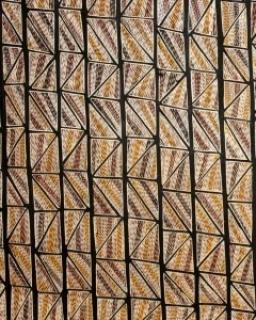
Abstract
When the Federal Court determines that a group of native title holders have rights and interests in a particular area of land or sea, the Native Title Act 1993 requires them to establish or nominate a legal entity which will hold and manage those rights. These Prescribed Bodies Corporate (PBCs) are required to hold and manage native title in perpetuity, obligations which carry legally mandated compliance requirements. Yet Australian Government funding for these compliance requirements is inadequate. We estimate that Australian Government funding for these core compliance functions meets only 10% of the actual cost of compliance. We also show that the majority of PBCs are not currently on a trajectory to become financially self-sustaining. Accordingly, significant on-going government resourcing of the PBC sector is and will continue to be necessary to ensure an effective native title system, something that benefits not only native title holders but also non-Indigenous stakeholders engaged in economic activities on native title lands. We explore a range of models for resourcing the PBC sector, and argue that a PBC Future Fund is the most appropriate and cost-effective mechanism to secure on-going PBC funding in perpetuity.
DOI or Web link
https://doi.org/10.25911/6FPY-AV98File attachments
| Attachment | Size |
|---|---|
| CAEPR_CR_7_Woods_et_al_2021_Towards_a_perpetual_funding_model.pdf(1.03 MB) | 1.03 MB |